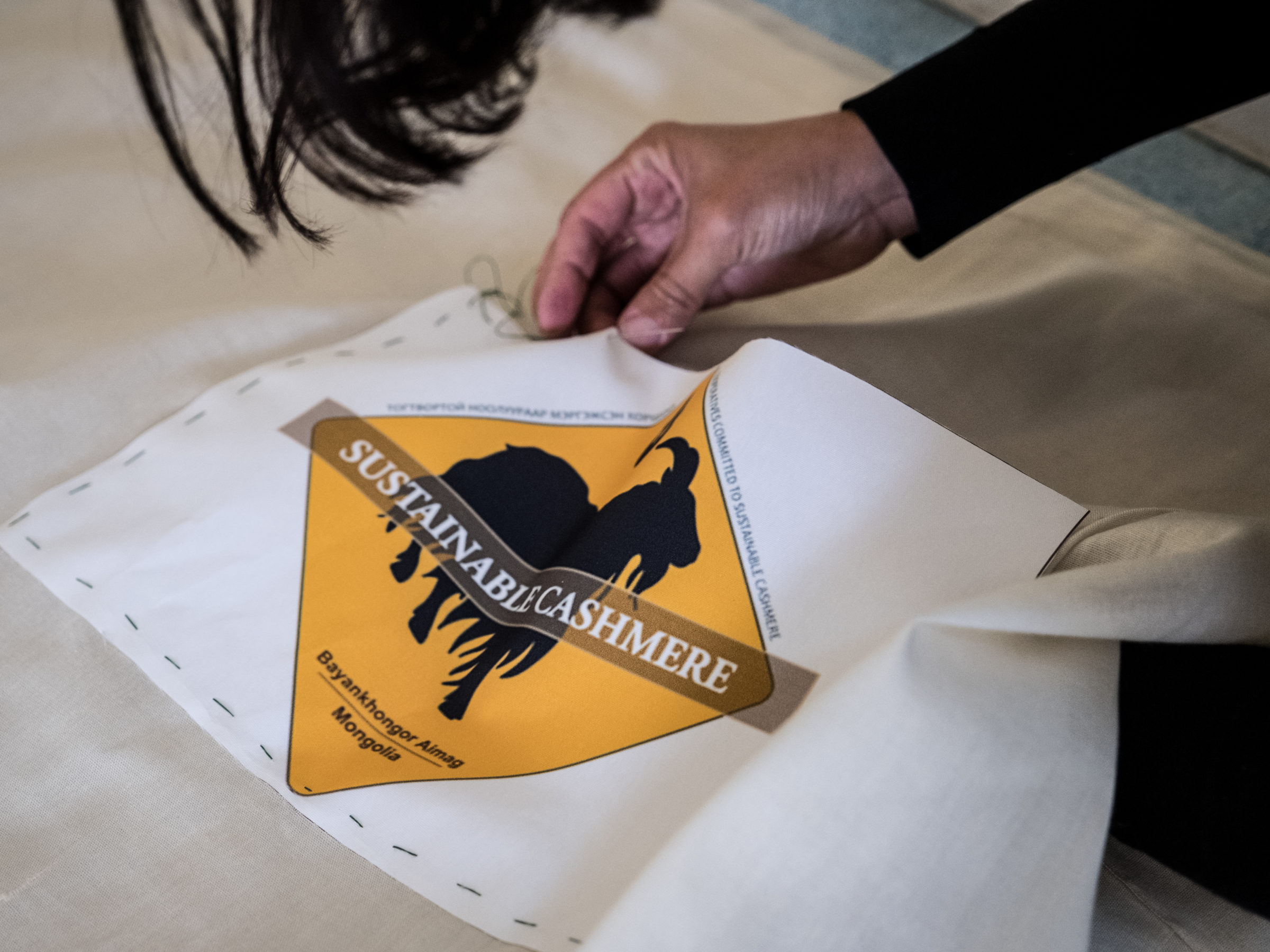The Sustainable Cashmere Certification (S3C) was developed in a participatory manner by AVSF and herders—to ensure adaptation to the pastoral environment—in 2016, tested in 2017, then filed in 2018 and promoted on Mongolian and international markets. The certification is, by design, adapted to the context of semi-nomadic pastoralism and cashmere production. This robust, traceable, and verifiable certification meets market expectations and demonstrates the adoption of sustainable practices by herders and their communities.
Sustainable cashmere certification targets key ecological, socio-economic, and technical values. The certification guarantees good practices at the level of breeders (qualitative vs. quantitative breeding practices), at the collective level (groups of pasture users for sustainable management of common resources) , and at the cooperative level (marketing, profit redistribution, and technical support). It is composed of 25 criteria covering sustainable management of pastoral resources, good breeding practices, quality management, participatory approach, financial management, and equitable distribution of benefits.
The sustainable cashmere certification mechanism is managed and implemented by an independent body, the Sustainable Cashmere Certification Committee (S3C). The S3C is a neutral actor, it guarantees the credibility of the certification . The various actors of the S3C verify compliance with the 25 criteria by carrying out external checks in the field, in conjunction with the internal checks carried out by the cooperative and allow for the continuous improvement of the certification.
In 2023, 558 member families of the cooperatives across the regions of Bayankhongor, Arkhangai and Khentii obtained this certification emphasizing the implementation of their sustainable practices.
In 2025 EBCN, its cooperatives and cooperative members, are collaborating with NLS (Nomadic Legacy of the Steppes, a Mongolian label hosting organization) for developing the Responsible Nomad Sustainable Cashmere International (RN-SCI) – a certification system that ensures the herders adopted ecologically, economically and socially sustainable practices adapted to Mongolian nomadic herding systems.
Through this initiative, herders adopt practices at individual and collective levels that ensures : 1. no degradation on their pastures, 2. animal welfare considerations, 3. high quality fiber through advance reproduction technics and harvest & postharvest management, 4. traceability & segregation, 5&6 a professional organization and financial security enabling the promotion of good practices on the long term. Additional values are under development.
All of this work is done under the supervision of Ecocert for technical guidance as the targeted international auditor for getting a very welcome international recognition of the label.
